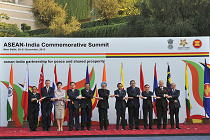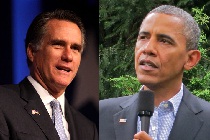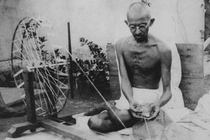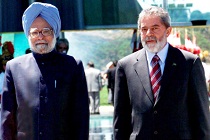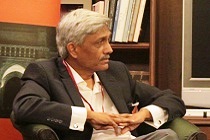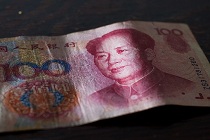Promoting private players in ASEAN
The steps taken by the Indian government to enable private sector involvement in ASEAN have been hesitant. After the recent ASEAN summit in New Delhi, it is time for greater coordination of Indian private industry with government-to-government interaction, which will benefit all members, including India.

